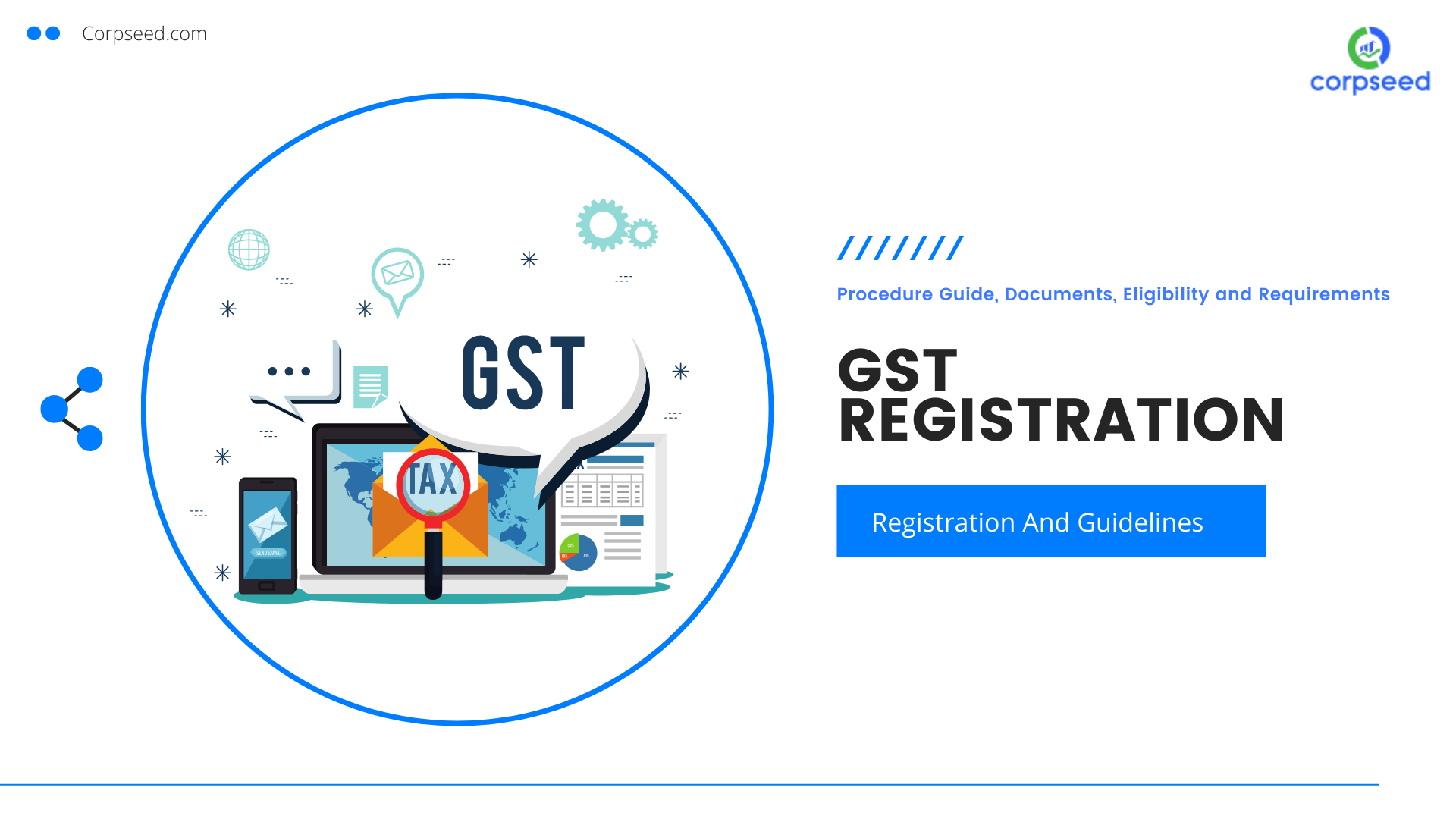Why Singapore GST Registration is Crucial for Your Start-up
Why Singapore GST Registration is Crucial for Your Start-up
Blog Article
The Ultimate Overview to Simplifying the GST Enrollment Process and Demands for Small Organization Owners

Understanding GST Basics
To grasp the principles of the Item and Provider Tax Obligation (GST) system, tiny service proprietors need to initially comprehend its underlying implications and principles. GST is a value-added tax obligation imposed on the majority of items and solutions for domestic consumption. It intends to simplify the taxes process by replacing multiple indirect tax obligations enforced by the state and central governments. Under the GST regime, organizations are called for to sign up and gather tax in support of the government, making sure openness and conformity.
One of the crucial concepts of GST is input tax obligation credit scores, which allows services to claim credit for tax obligations paid on their purchases. This device avoids the plunging effect of taxes and advertises effectiveness in the tax obligation system. Furthermore, GST is a destination-based tax obligation, implying that the tax obligation is levied at the point of intake as opposed to the factor of origin. This makes certain fair circulation of tax revenue among states based upon where the services or goods are eaten. Understanding these fundamental concepts is important for small company proprietors to navigate the complexities of the GST system and make sure conformity with the law.
Eligibility Requirements for Enrollment
Having developed a foundational understanding of GST concepts, little business proprietors must currently satisfy details eligibility criteria to continue with the enrollment process (Singapore GST Registration). Organizations that were registered under the previous tax obligation routine (BARREL, service tax obligation, etc) are additionally mandated to register under GST. Farming organizations that only provide produce out of main manufacturing are exempt from GST enrollment.
Documents Required for GST Enrollment

Simplified Registration Process Actions
Adhering to the collection and verification of the requisite documents, the enrollment procedure for GST can be navigated through a collection of simplified steps made to promote effective compliance for small company proprietors. The primary step entails checking out the GST website and selecting the 'New Enrollment' choice. Subsequently, the candidate needs to complete Part A of the GST REG-01 form with information such as frying pan, mobile number, and email address to obtain an OTP for confirmation. As soon as the OTP is gotten and entered, a Temporary Reference Number (TRN) is created for additional proceedings. The following action calls for filling out Part B of the type with necessary service details, posting supporting records, and completing the confirmation process utilizing DSC or EVC. Ultimately, upon successful confirmation, an Application Reference Number (ARN) is provided, indicating the completion of the GST enrollment process. By following these simplified actions, local business proprietors can effectively register for GST and make sure conformity with tax obligation regulations.
Tips for Ensuring Compliance
To preserve regulatory adherence and operational stability, attentive oversight and proactive measures are critical in ensuring compliance with GST requirements for small business proprietors. Tiny business proprietors must remain updated with GST regulations, submitting deadlines, and any type of changes in tax rates to prevent penalties and preserve a good standing with tax authorities. Going to GST awareness workshops or training programs can enhance understanding and compliance with GST regulations, ultimately benefiting the organization in the long run.
Conclusion
In conclusion, tiny organization proprietors have to comprehend the fundamentals of GST, satisfy the eligibility criteria, gather necessary records, and adhere to the streamlined registration procedure actions to make sure compliance. By simplifying the GST enrollment procedure and demands, small business proprietors can prevent penalties and operate their businesses efficiently within the lawful framework - Singapore GST Registration. It is essential for small organization owners to stay certified and enlightened with GST guidelines to maintain an effective service operation
Tiny company proprietors looking for GST registration must ensure they gather and submit the required documents to finish the registration procedure efficiently. The records required for GST enrollment normally include website link evidence of company enrollment or incorporation, FRYING PAN (Permanent Account Number) card of the organization address, identity and entity evidence of the promoters/partners/directors, photographs, address evidence of the place of service, bank account statements or terminated cheques, and authorization types. Participating in GST understanding workshops or training programs can boost understanding and compliance with GST guidelines, ultimately benefiting the service in the long run.
By simplifying the GST enrollment procedure and requirements, little service proprietors can avoid charges and run here their services efficiently within the lawful framework. It is vital for small company proprietors to remain informed and compliant with GST regulations to maintain a successful organization procedure.
Report this page